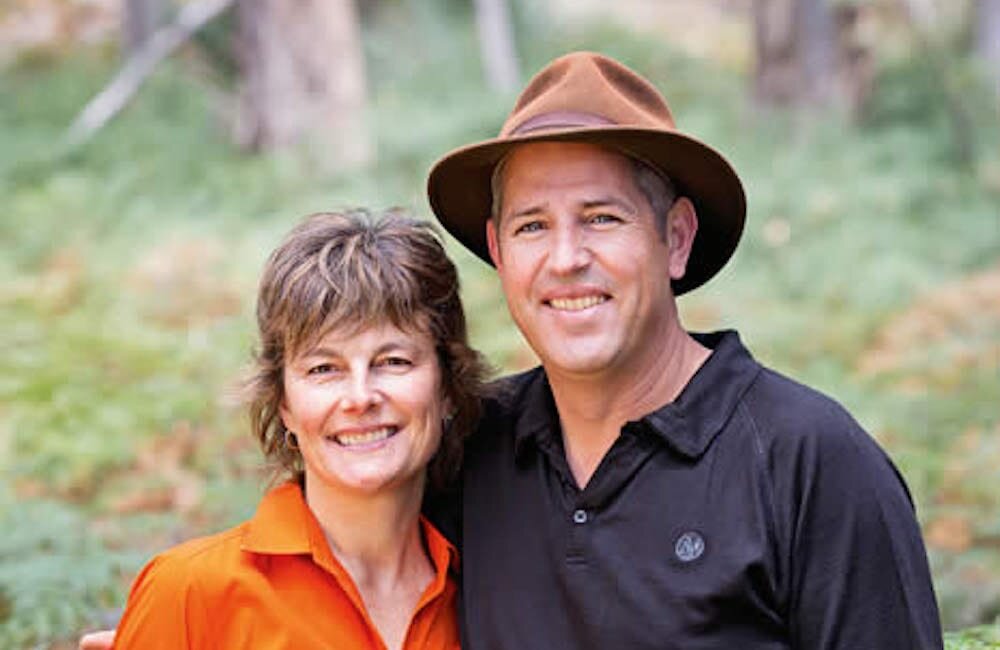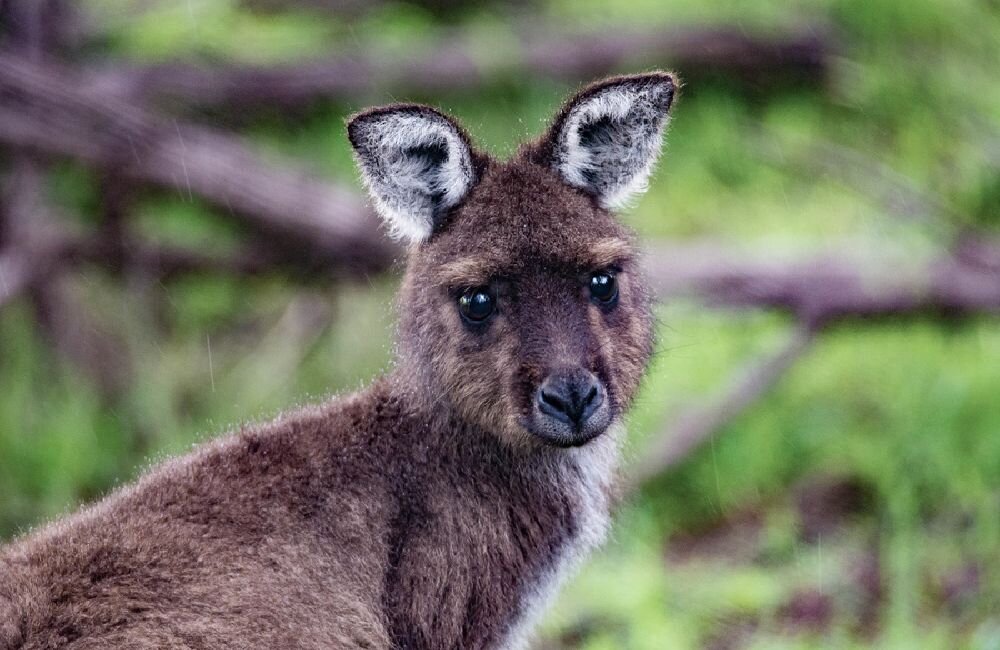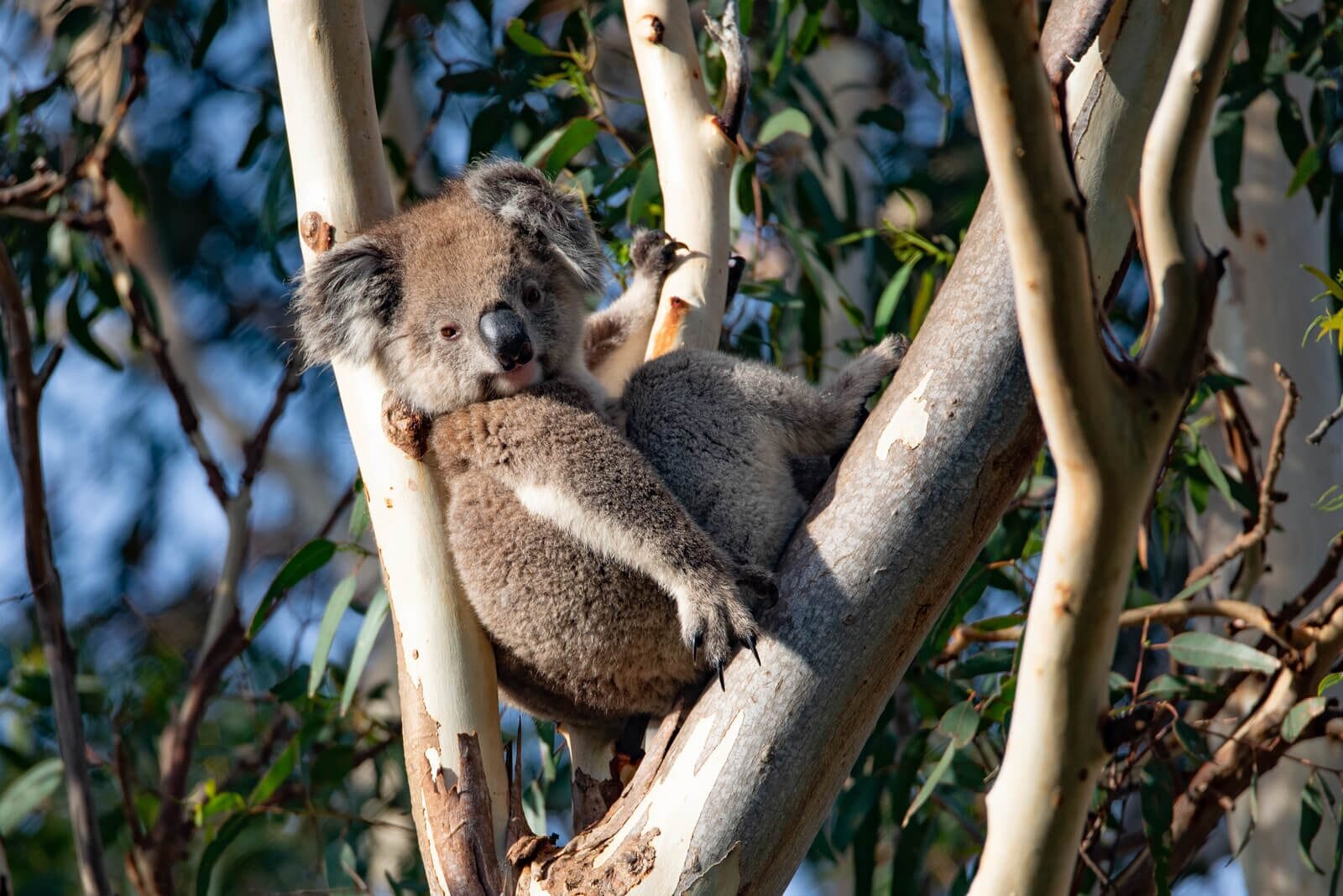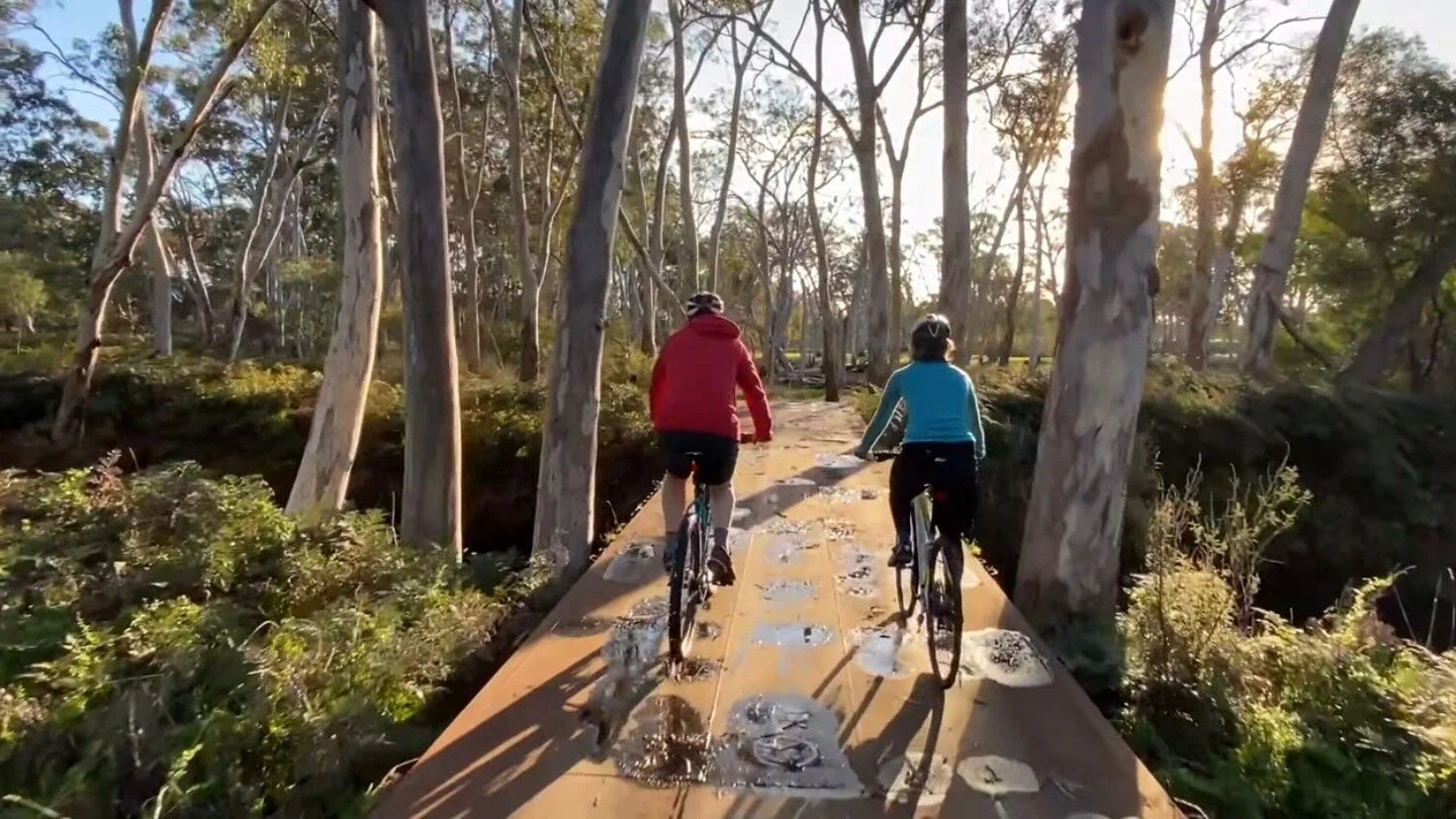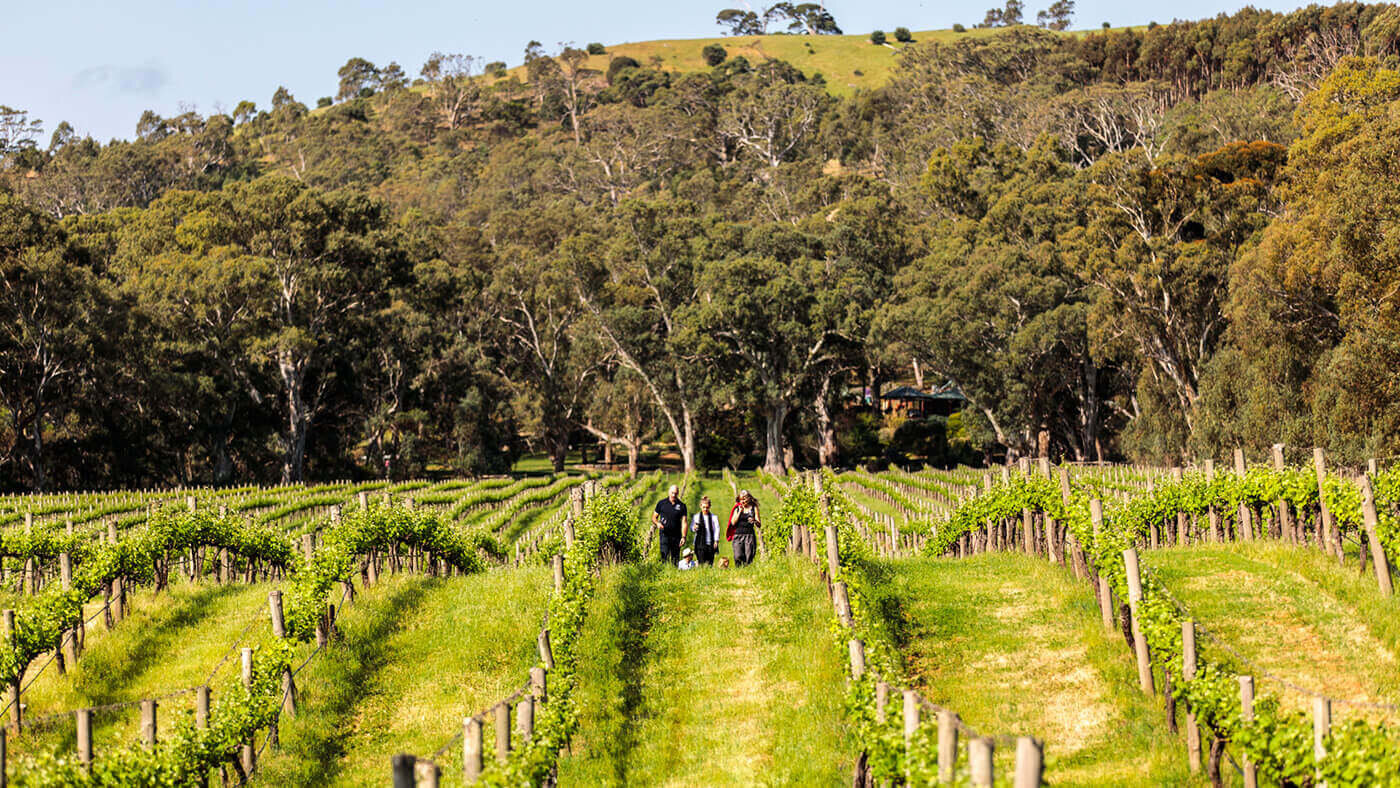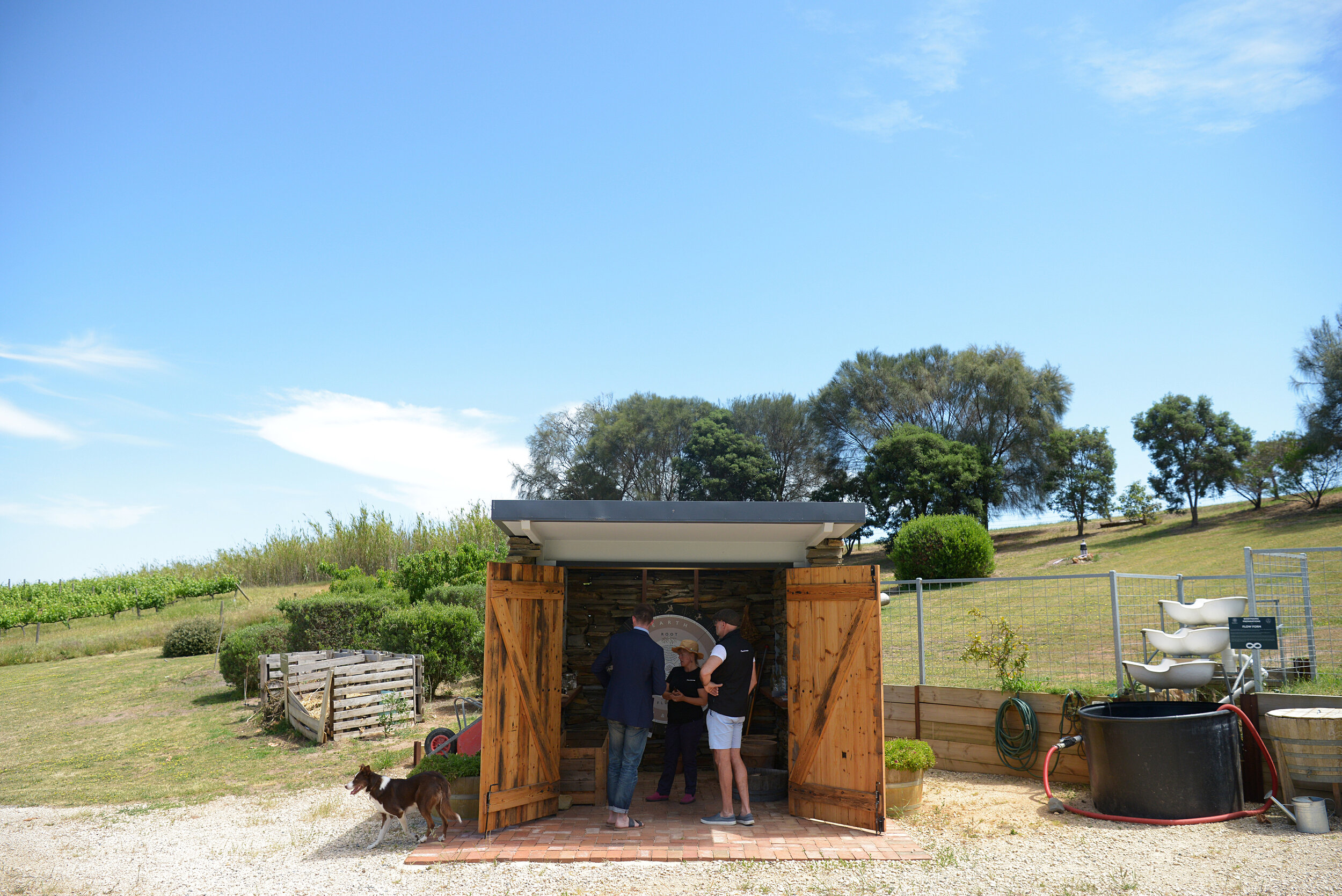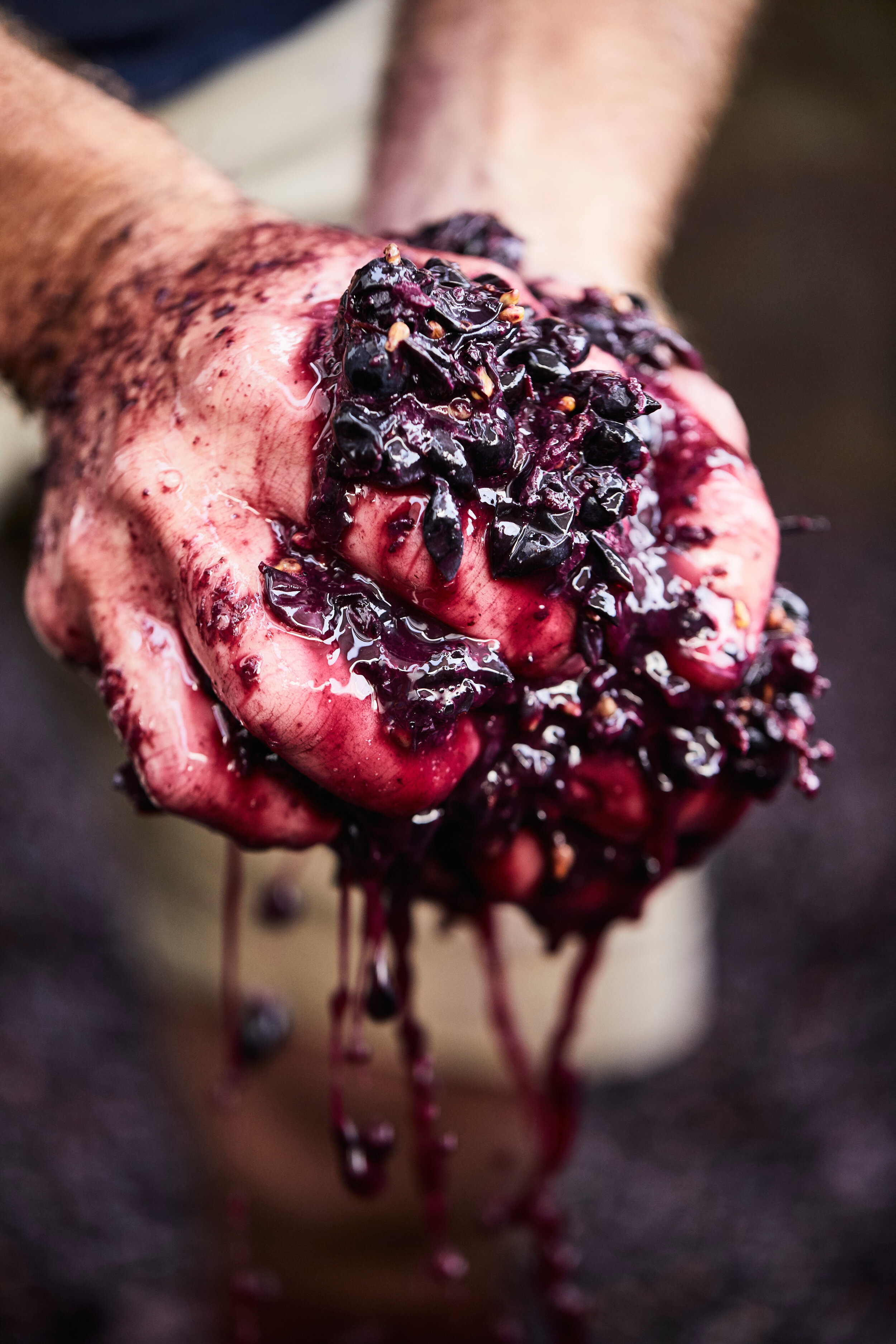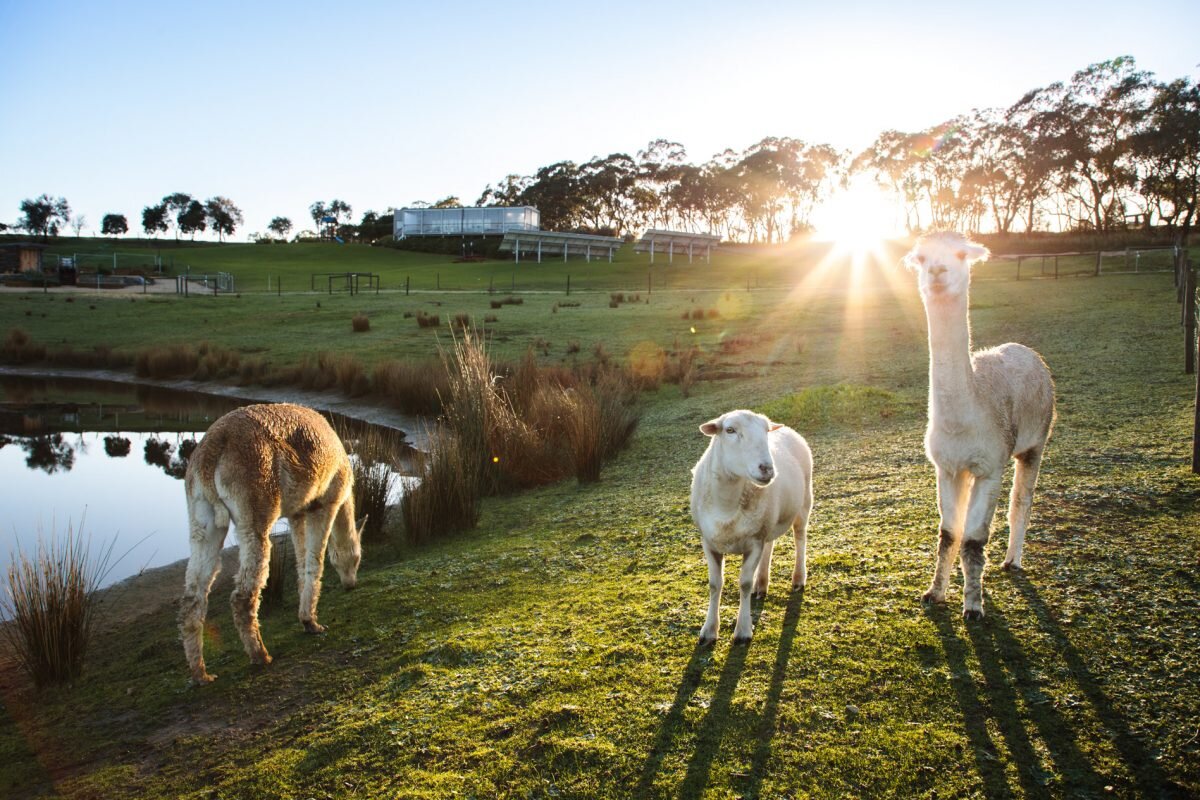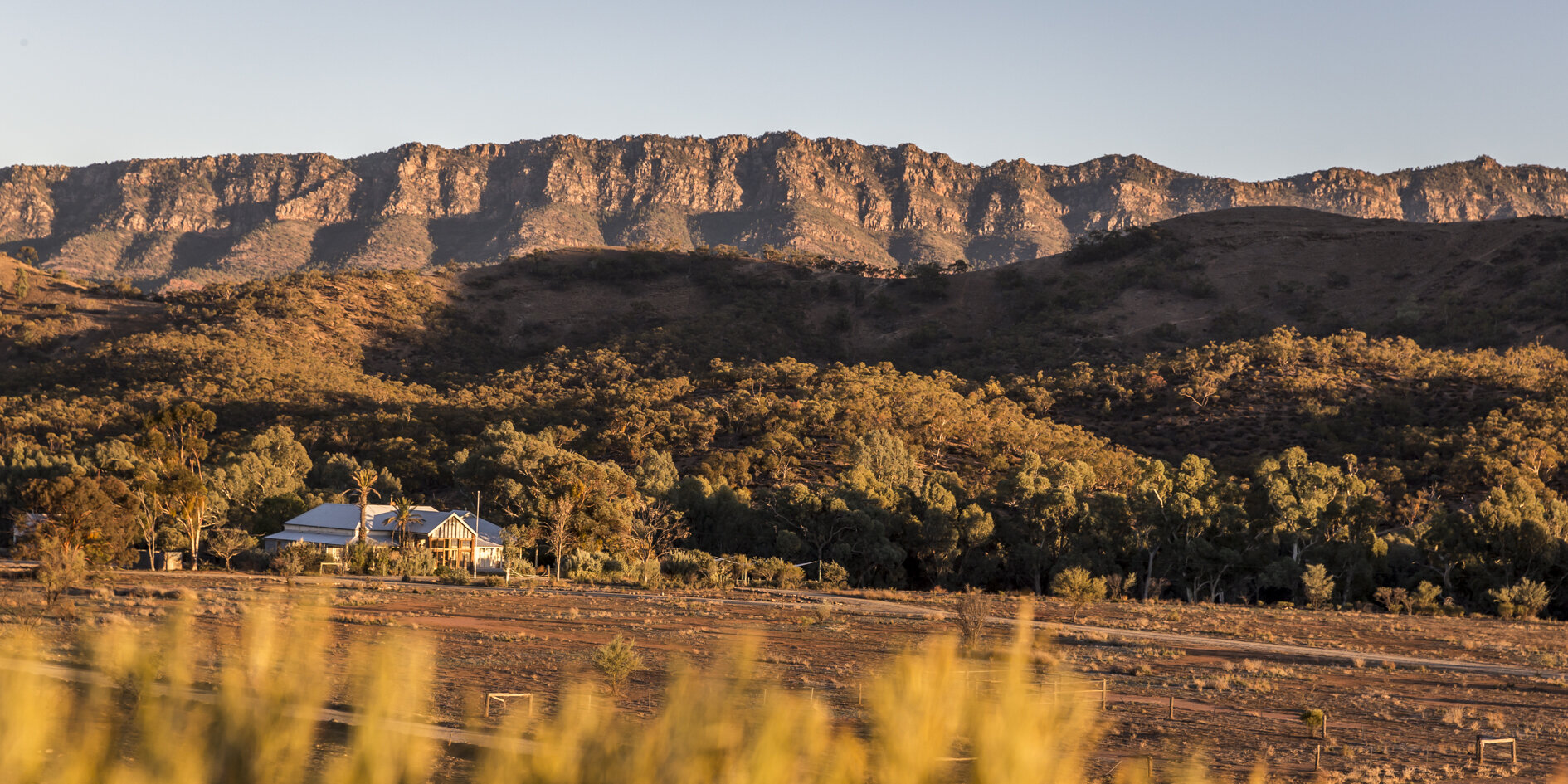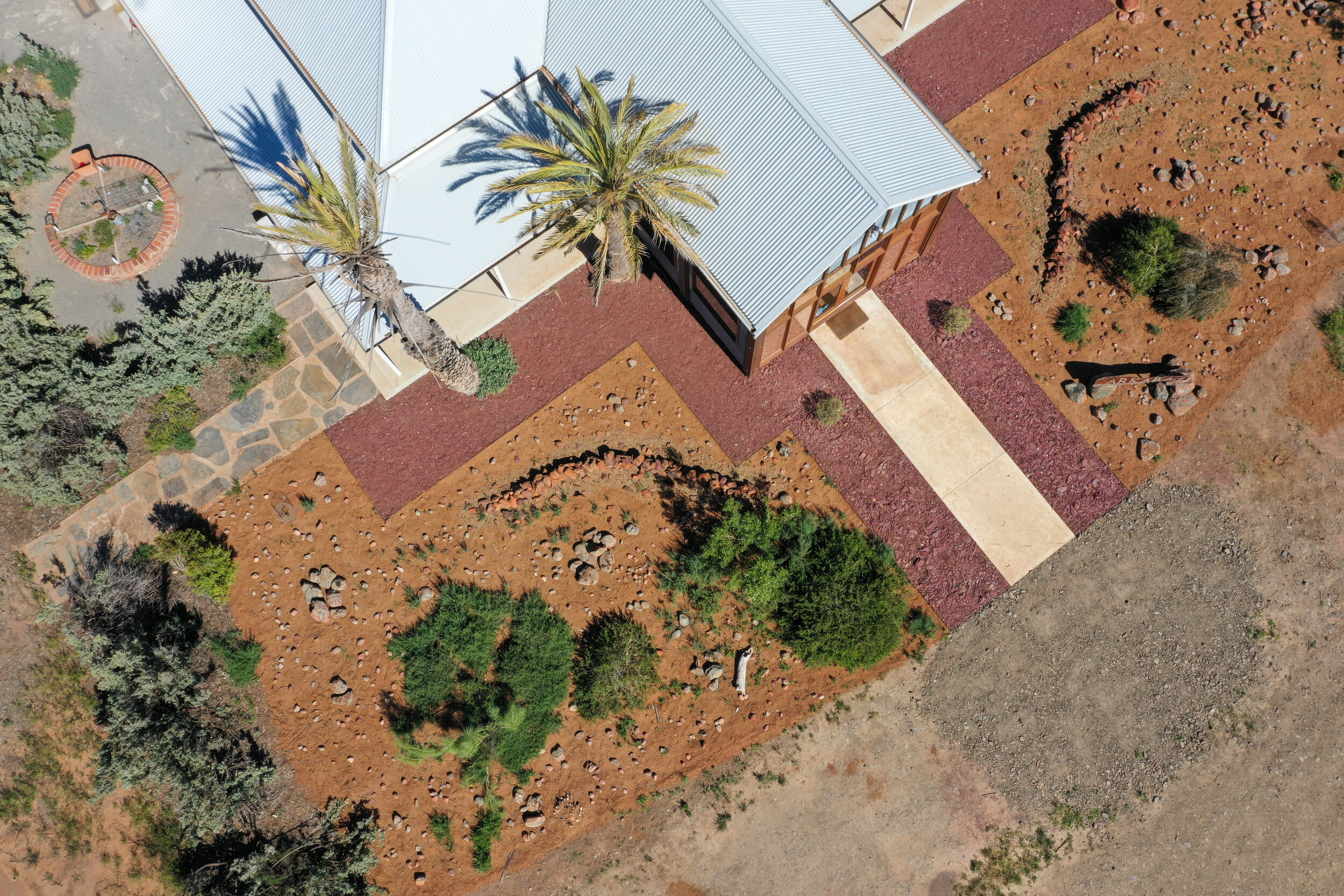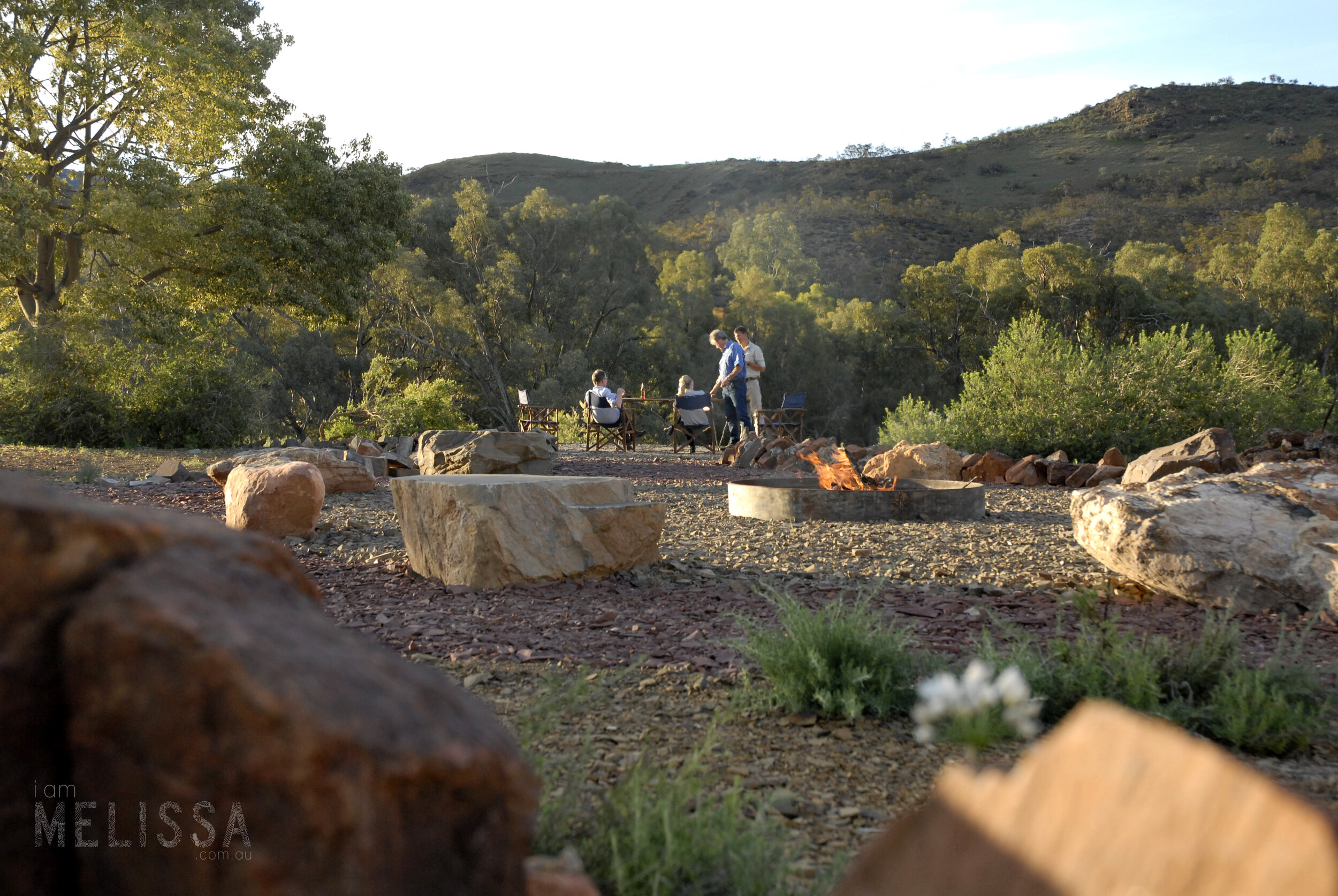SUSTAINABLE SOUTH AUSTRALIA
THE POWER OF COMMUNITY IS CENTRAL TO OUR PHILOSOPHY HERE AT THE CONSCIOUS TRAVEL FOUNDATION. WE FIRMLY BELIEVE THAT STEPPING OUT OF OUR INDIVIDUAL SILOS AND JOINING TOGETHER IN SUPPORT OF A COMMON GOAL IS THE WAY TO INCITE CHANGE. SO, WHEN WE HEARD ABOUT SOUTH AUSTRALIA’S SUSTAINABLE TRAVEL INITIATIVE WHICH HARNESSES THE POWER OF COLLECTIVE ACTION ON A GRAND SCALE, WE WERE EXCITED TO LEARN MORE…
As a state, South Australia has some impressive sustainability credentials. It was the first Australian state to ban plastic bags and single-use plastics, is the highest producer of wind energy in Australia and the home to one of the world’s largest lithium-ion batteries. The state capital city, Adelaide, is working towards attaining carbon-neutral city status (an impressive feat in itself) following a wider commitment which began with the city’s inception – the entire city was designed to make the most of the environment, preserving it through the development of the parklands - a commitment which still exists today.
This dedication to sustainable practises and responsible travel is clearly in South Australia’s DNA. The South Australian Tourism Commission (SATC) has spent many years collaborating with stakeholders to protect and promote their pristine natural environments, rich cultural heritage and vibrant local communities for the common good. Much in the same way that being a member of The Conscious Travel Foundation is much more than checking a box, SATC believe that protecting their environment is a way of life.
Says Brent Hill, Executive Director of Marketing, South Australian Tourism Commission,
“2020 has been was a year like no other has and it accelerated our organisation’s focus on Sustainability and Responsible Travel. For many years South Australia has led the way in renewable energy, recycling and ecotourism but we hadn’t brought those stories together for consumers or trade partners. We know that going forward more people will be looking to book holidays which have sustainable credentials, and so it is vital that we share our many experiences which deliver against this theme. The new section on southaustralia.com highlighting sustainable initiatives including accommodation and touring options, and the engagement work we’re doing with stakeholders will really help us to achieve this.
Many of our tourism businesses are small owner operated, and the work they’re doing to protect our pristine natural environment, our rich Aboriginal culture and to provide an economic benefit for local communities is outstanding. When borders re-open we look forward to welcoming travellers from around the world to Adelaide and regional South Australia to enjoy these very special regenerative travel experiences across the state.”
Harnessing this spirit of togetherness and power of community, the SATC has been working with industry partners on the ground to collate information on the huge number of sustainable travel initiatives that tourism operators deliver across the state, from eco-hotels and off-grid escapes, to wineries, tour guides and so much more. Central to this impressive project is their commitment to protecting Aboriginal Culture. In 2023, a AUD$150 million Aboriginal Cultural Centre in Adelaide’s cultural precinct will open providing a new home for the South Australia Museum’s stunning collection of Aboriginal artefacts. Comprising more than 30,000 anthropologically and spiritually significant works from across Australia, the collection is the largest in the world. The Centre will celebrate Aboriginal culture sharing the stories and songlines of indigenous communities.
Here at The Conscious Travel Foundation, we love to share stories and shine a light on the people and businesses making great strides in the fight for a better future, whether that’s eco-conscious properties, world-leading wineries with a conscience, tour companies that tread lightly, dedicated re-wilding efforts or local produce served by local people. Here are just a few of these pioneers that make up this phenomenal initiative in South Australia:
Exceptional Kangaroo Island
Exceptional Kangaroo Island is an award-winning wildlife tour company on Kangaroo Island, situated just off the South Australian coast. Owned by lifelong islander Craig Wickham, Exceptional Kangaroo Island offers a range of day tours and multi-day tours which immerse its guests in island life. The focus on ‘wildlife in the wild’ is a theme running through all the experiences and responsible travel has been fundamental to Craig’s business since he first started operating in 1990.
As wildlife encounters are central to the experience offered, the long-term survival and health of the wildlife on the island is critical. Craig pursues the ideas of ‘shared space’ and ‘observation not interaction’ – adapting behaviour so that wildlife tolerates guests visiting them in their habitats. Craig’s team of local guides never feeds or handles wild animals and focuses entirely on showing guests a species in its natural environment. Craig also involves local experts in certain tours such as Doctor Peggy Rismiller – a world leading expert on echidnas - who is included in Exceptional Kangaroo Island’s new three-day Conservation Connection tour.
EKI’s dedication to conservation on the island has been rewarded with Ecotourism Australia certification which they have maintained since the programme was launched. But Craig’s efforts go beyond a respect for the natural environment. Exceptional Kangaroo Island is also committed to the island’s people, helping grow the local economy through job creation and the support of other local businesses which he includes on his tours. He even makes sure that the meals created for guests use local ingredients and are matched with local wines.
Always the innovator, Craig will also be adding new e-bike tours for 2021 and will continue to find new ways to immerse his guests in the island he loves to call home.
Sustainable Wine Experiences
South Australia is home to some of the world’s best wineries. Innovative wine makers from across the state embraced organic farming methods many years ago, setting the trend for the more environmentally friendly wines we see being produced in other countries now. Take Gemtree in McLaren Vale, just outside Adelaide. This family-owned winery is dedicated to making better wine naturally, with its 306 acres of vineyards being certified organic and biodynamic.
For owners Melissa and Mike, it’s not just about winemaking, they see themselves as having a responsibility to set new standards for sustainable and generational farming. Their sustainably built cellar door boasts elevated views over McLaren Vale to the ocean beyond and after enjoying a tasting, visitors check out the Biodynamic Hut which provides a deeper understanding of biodynamic viticulture. Guests can then walk the Gemtree Ecotrail – a meandering path through ten hectares of regenerated natural bushland, connecting people to the surrounding land that inspires Gemtree’s guiding philosophies.
Arkaba, Flinders Ranges
Arkaba is a wildlife conservancy and beautiful homestead set in 60,000 acres of awe-inspiring Aussie outback in the Flinders Ranges, about a five-hour drive north of Adelaide. Part of the Wildbush Luxury portfolio (owned by our very own Charlie Carlow), Arkaba has an Aboriginal history dating back thousands of years and a geological history dating back hundreds of millions of years. It is a hugely important refuge for biological diversity, which was particularly impacted by the effects of European settlement with an estimated 24 of 50 small to medium-sized mammals known to have inhabited the Flinders Ranges now considered extinct and some birds and reptiles all but disappeared.
Having successfully removed the sheep from the station with some stellar rewilding results, the team at Arkaba has embarked on a journey to take the immediate homestead surroundings back to the indigenous roots. The new native garden is being designed to reflect the overall purpose to inspire, educate and reconnect guests with the bush. It will feature native vegetation such as the Sturt Desert Rose which has not been seen on Arkaba for some time and will encourage indigenous threatened species like Slender Bell Fruit to flourish.
A big thank you to the South Australian Tourism Commission, Brent Hill and in particular, Emma Humphreys, for sharing these sustainability stories with The Conscious Travel Foundation. To read more, head to southaustralia.com




